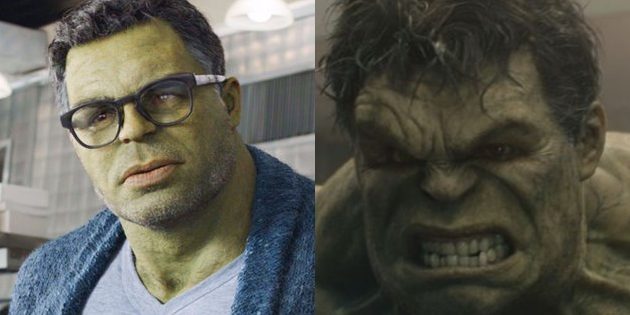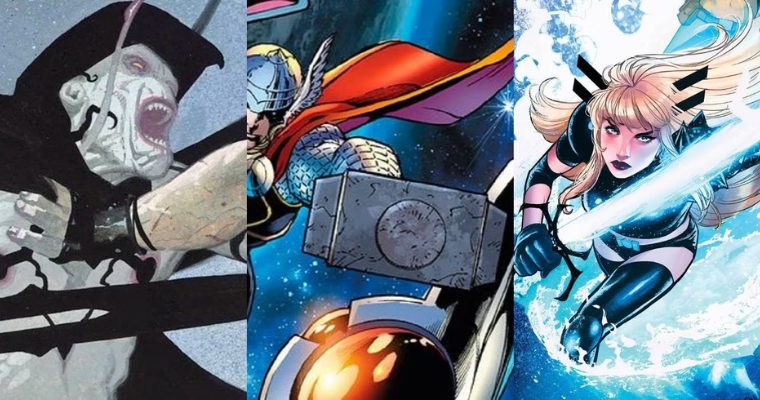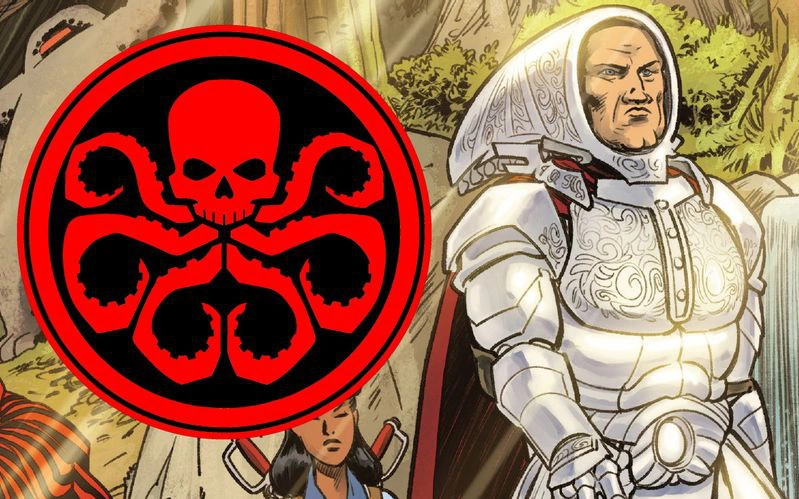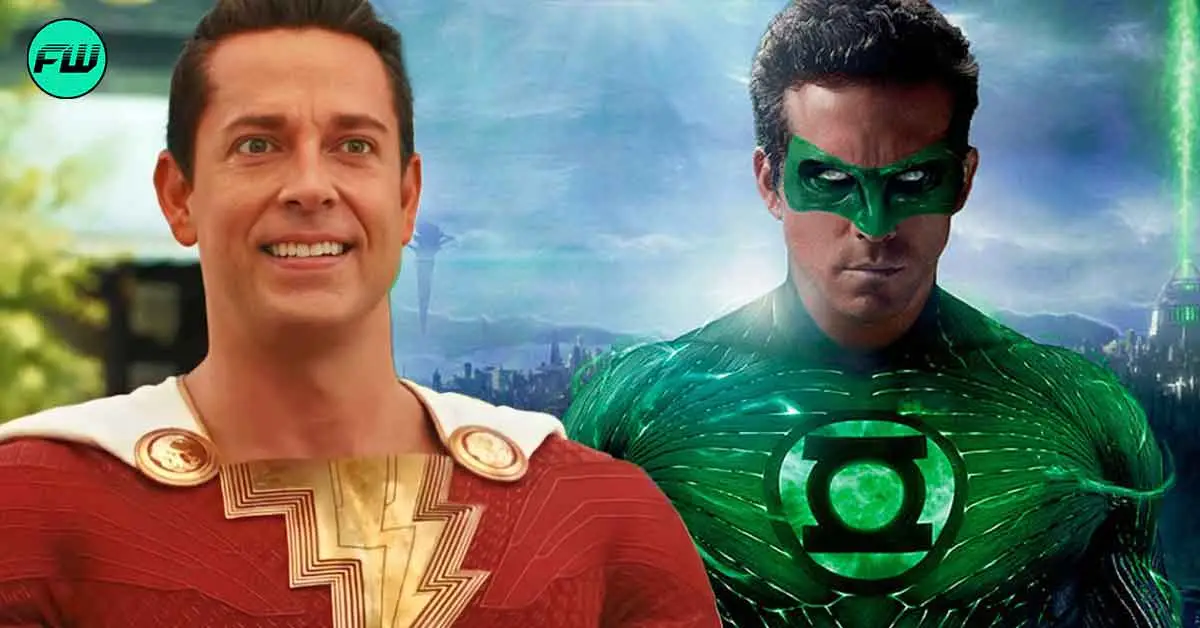In James Cameron’s universe, the answer to every catastrophic calamity is to unite against the foreign enemy and fight for everything that is theirs to love and protect. In the Marvel Cinematic Universe, the same logic applies – although with the added obligation for the preservation of humanity and the rest of the universe. While intergalactic space wars play out in the entirety of their scope in the MCU, Cameron on the other hand pits human greed against nature. And in this dialogue surrounding environmentalism, Cameron finds a common cause between his ideology and the one that Marvel portrayed in the epic war of the Infinity Saga.
![]() James Cameron films Avatar: The Way of Water
James Cameron films Avatar: The Way of Water
Also read: After Avatar 2‘s Incredible Success, James Cameron Calls Out Fans Who Prefer Streaming as Lazy: “You’re making a deal between yourself and a piece of art”
James Cameron Relates to Josh Brolin’s Thanos
In the MCU Phase Three, the grand plan of the Mad Titan was revealed in its entirety. What was once available in bits, and pieces and looming threats in the post-credit scenes was unfurled when Thanos divulged how every civilization is bound to collapse under the demand and greed of its people and the only solution to stop hunger, suffering, and eradication was to bring balance back to the universe by unilaterally wiping out half its population.
 Thanos in Avengers: Endgame
Thanos in Avengers: Endgame
Also read: Not MCU But James Cameron’s Avatar Franchise Better Fits Martin Scorsese’s “Theme Park” Cinema Killer
To Cameron, that is a logic that doesn’t seem too unbelievable in its core intention.
“I can relate to Thanos… I thought he had a pretty viable answer. The problem is nobody is going to put up their hand to volunteer to be the half that has to go.”
Although the ideology behind Thanos is deciphered as mass genocide, for James Cameron, it is simply a hypothetical solution to what is now plaguing the global population – world hunger, the depletion of natural resources, and essentially a burning planet on the verge of a breakdown.
James Cameron’s Activism Invokes Genocidal Intention?
For every thesis, there exists an antithesis. Whether it be the increasing population and the depleting resources, the disparity in quality of life, the staggering unemployment, and the vast field of opportunities that social media has opened up for the younger crowd, everything comes paired with its converse ideology. So for James Cameron to be such a vocal advocate for climate and the environment through his projects and work in the film industry to inadvertently find viability in ideas of genocide doesn’t seem to be a far-out theory.
![]() James Cameron on the sets of Avatar 2
James Cameron on the sets of Avatar 2
Also read: “You mean Thanos… give me a break!”: James Cameron Heaps Rare Praise on Marvel Studios, Claims Avengers: Infinity War CGI Left Him Speechless
The supposition behind the Mad Titan’s plans, although violent and disillusioned in its execution, was fueled by the need to ensure the survival of every being in existence across the universe’s unending stretches. And the plan was great because it did not choose the good and weed out the bad but doled out the finality of the Snap’s judgment unilaterally without bias. Cameron finds some sense of rationality in knowing that a simple device can ensure an omniscient judgment that no one can contest, doesn’t matter how unjust that decision may be in the end.
Avengers: Endgame is available for streaming on Disney+ and Avatar: The Way of Water is expected to land on the streamer by July 2023, although the date might be pushed back depending on the film’s current run in the theatres.
Source: Time







